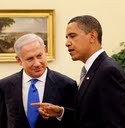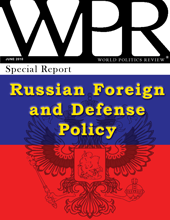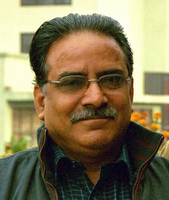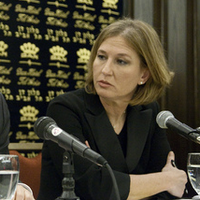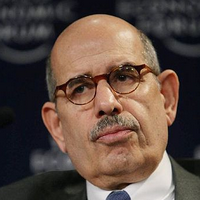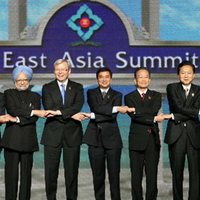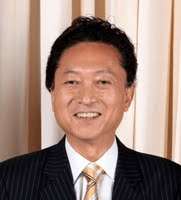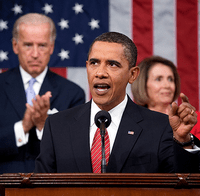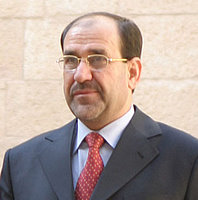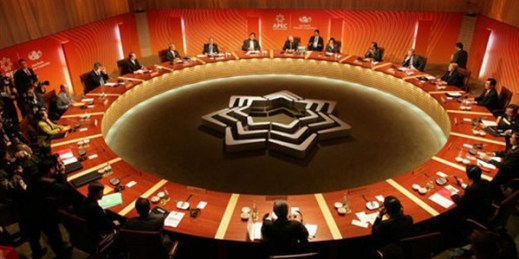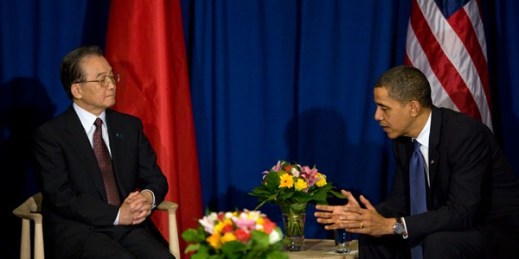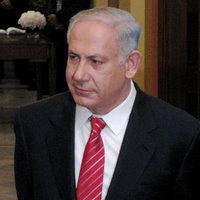
The Israeli assault on the Gaza aid flotilla immediately brought to mind Talleyrand’s famous observation: It was worse than a crime; it was a mistake. Now the only way that Israel can move forward from this latest and tragic mistake is to understand its root causes. The strategic rationale that made a naval commando assault on a civilian vessel seem legitimate is the same strategic rationale at the root of all of Israel’s current difficulties: a narrowly defined perception of the country’s security as the end goal, with a strong deterrence posture that, in the words of David Grossman, depends […]

